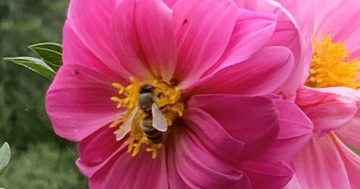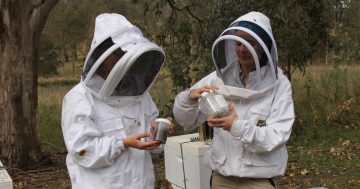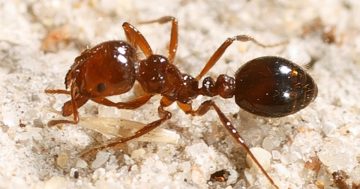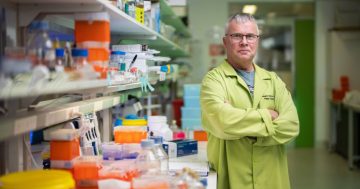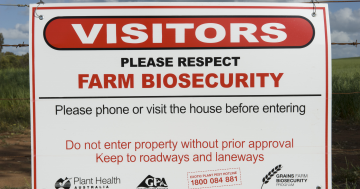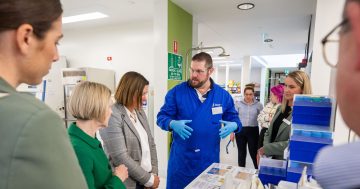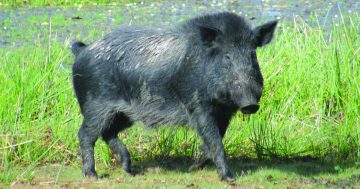 Staff members from the Environment, Planning and Sustainable Development Directorate responsible for biosecurity in the Territory began training this week to sharpen their skills for keeping the local bee population healthy.
Staff members from the Environment, Planning and Sustainable Development Directorate responsible for biosecurity in the Territory began training this week to sharpen their skills for keeping the local bee population healthy.
The first part of the training is to provide them with the skills needed to respond to a bee biosecurity threat.
ACT Biosecurity Senior Manager, Stephen Hughes said bees were not only known for producing honey, they also played an important role in food production by pollinating many of our fruit and vegetable crops.
He said this could be put at risk if pests and diseases, such as Varroa mite, were introduced to Australia.
“A total of 17 local biosecurity staff will take part in the training, providing them with an opportunity to hone their skills and surveillance techniques on how to best recognise, monitor and manage the impact of a biosecurity threat on honey bee colonies,” Mr Hughes said.
“It’s important to note this is training and is not in response to a real outbreak.”
He said the Varroa mite had spread to all inhabited continents except Australia, making Australian industry appealing to overseas markets.
“We are one of the top 10 honey producing countries in the world with an estimated value of $90 million a year, exporting products such as packaged honey, beeswax and live bee sales,” Mr Hughes said.
“Biosecurity is everyone’s responsibility,” he said.
“We all have a role in preventing an outbreak of Varroa mite. Even if you don’t own bee hives or work with bees, you need to consider the biosecurity requirements for online purchases and goods bought during overseas travel,” he said.


